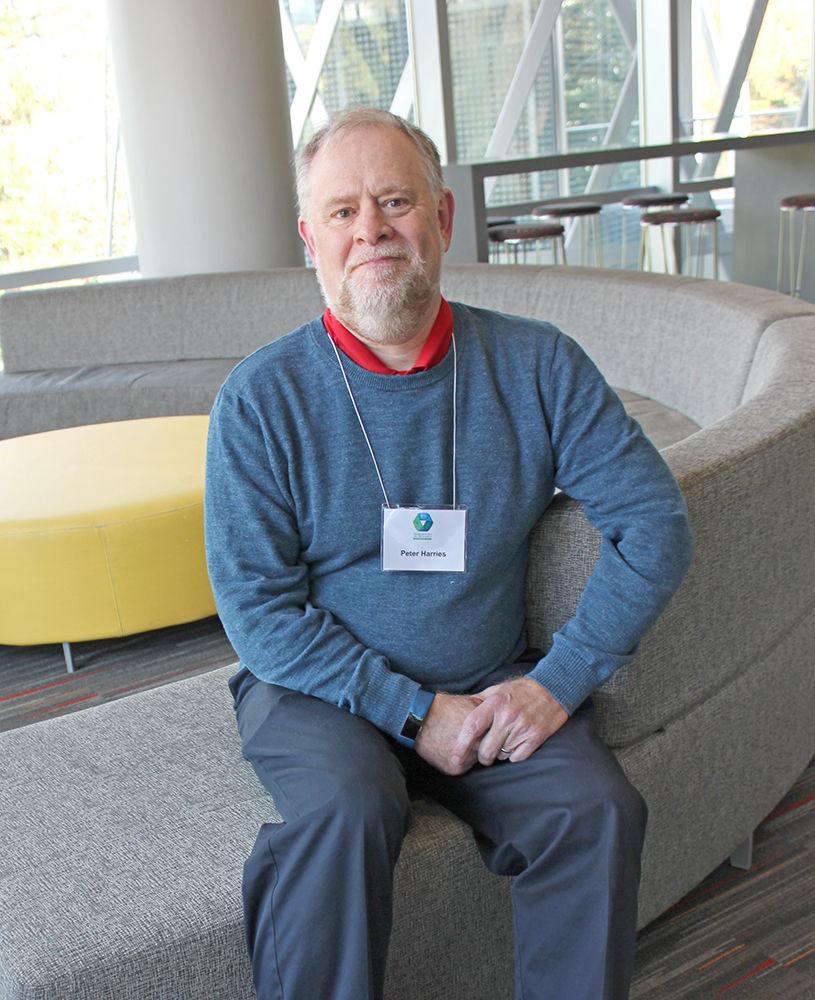Technician sat down with Peter Harries, the newly appointed interim dean of the NC State Graduate School, to discuss concerns of graduate students and the new tax bill, which has since passed. Harries previously served for two years as the Graduate School’s senior associate dean, after working as the assistant dean of graduate studies at the University of Florida. Harries graduated from Yale University with a degree in geology and geophysics before going on to earn his doctorate in geological sciences from the University of Colorado.
What do you want to bring to the Graduate School as dean?
First and foremost, I want to make sure people realize that graduate students comprise a pretty significant portion of the student body. There are about 10,000 graduate students and around 24,000 undergraduates, so it is almost a third of the population here. When the majority of activities happen on campus, I would say they seem geared more towards undergraduates, rather than graduates. I like using the acronym WAGS — What About Grad Students — when I see these amazing opportunities for undergraduates that could be expanded to graduates as well. Overall, my main goals are to bring more attention to graduate students and make sure their needs are met. A lot of things need to be looked at and improved, such as funding for graduate students to travel to conferences, because I thought that was underfunded, and really just making sure the graduate student enterprise is as good as it can be.
What are some common concerns that graduate students have?
I would say the largest issue is the stipend levels for people who are teaching and research assistants. This problem is nationally known for the majority of state schools struggling with pay. It is often overlooked that living in Raleigh is going to cost more than, say, living in a more rural college area. I would love to solve that issue but with the new tax law that may or may not go into play; it will be difficult. That’s a huge cash deal that would affect NC State’s graduate students, but also graduates nationwide. I want to be clear that this is not just an NC State issue, but one that will affect all universities, especially public. Right now there is more uncertainty than anything else, and if we knew what was happening it would make things a bit easier. Additionally, the Senate bill has not included the plan, which complicates things. So if it does pass, we just have to be guardedly optimistic that the decisions will not mortgage our innovation and research future by making it more difficult to get a graduate degree. If we want to grow as a nation that is based on special skills and knowledge, then we will have to keep graduate schools and students in the forefront.
What are some of the resources graduate students can utilize?
One of the things that we do a lot of, and probably not as many graduate students take advantage of that should, is our professional development workshop. I mean a huge range of different things from helping students improve their teaching to our industry immersion program, and what now is called Accelerate to Industry where there’s a weeklong intensive series of workshops that are put on in part by various companies throughout the region, and they help teach students how to convert their high-level graduate school knowledge into business skills.
In the future, what do you wish to accomplish as dean?
I would love to have a graduate center, much like Talley Student Union, but geared more toward graduate students. The center would be where the graduate school is housed, and would have spaces for workshops, and have Think and Do rooms. With the growing numbers of graduate students, I think in the future it will be necessary to construct such a facility that serves as a hub for NC State’s graduate students and programs.








